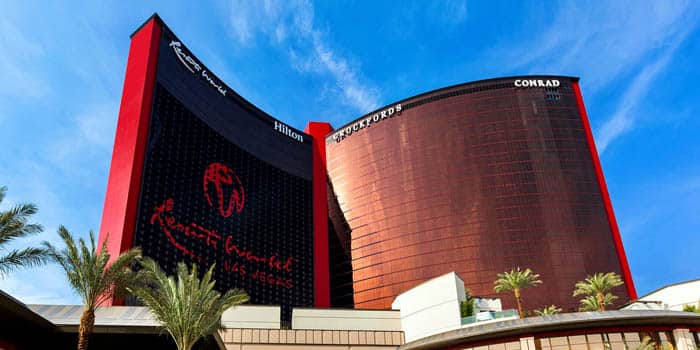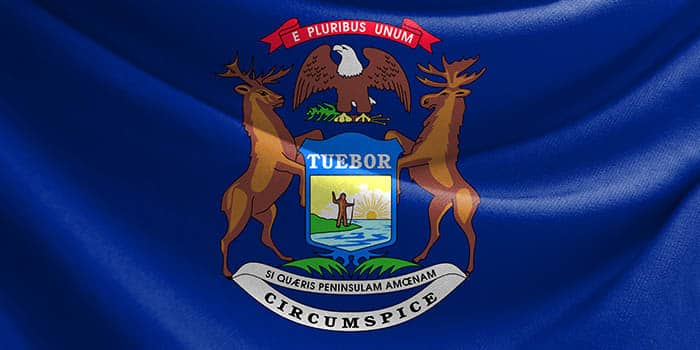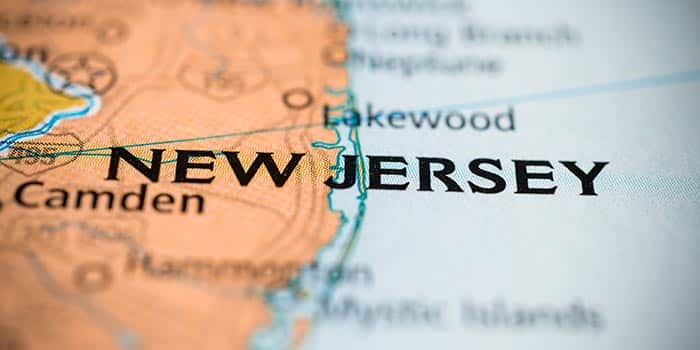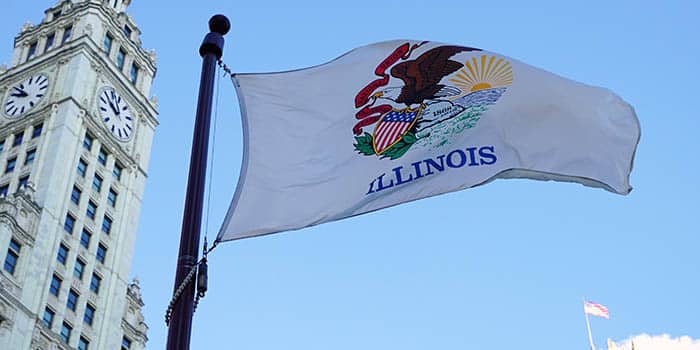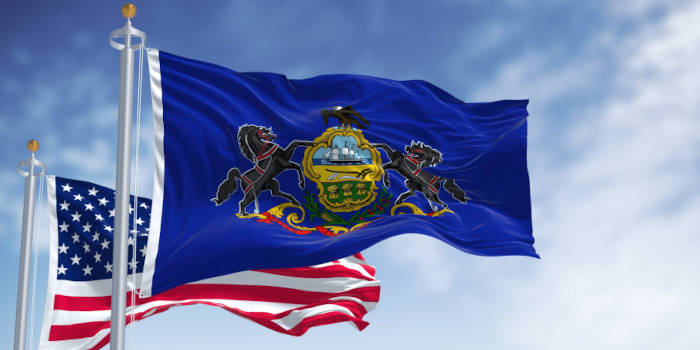- Casino
- By State
- Alabama
- Alaska
- Arizona
- Arkansas
- California
- Colorado
- Connecticut
- Delaware
- Georgia
- Florida
- Hawaii
- Idaho
- Illinois
- Indiana
- Iowa
- Kansas
- Kentucky
- Louisiana
- Maine
- Massachusetts
- Maryland
- Michigan
- Minnesota
- Mississippi
- Missouri
- Montana
- Nebraska
- Nevada
- New Hampshire
- New Jersey
- New Mexico
- New York
- North Carolina
- North Dakota
- Ohio
- Oklahoma
- Oregon
- Pennsylvania
- Rhode Island
- South Carolina
- South Dakota
- Tennessee
- Texas
- Utah
- Vermont
- Virginia
- Washington
- West Virginia
- Wisconsin
- Wyoming
- By State
- Slots
- Poker
- Sports
- Esports
Tribal Gaming Registered 19.5% Drop in FY2020 Revenue

Tribal gaming did not come out of the pandemic unscathed after the report of the fiscal year ended September 30, 2020 revealed a 19.5% drop in gross gaming revenue.
Erasing 7 Years of Growth
The report, released by the National Indian Gaming Commission (NIGC) Chairman at the Oklahoma Indian Gaming Association Conference in Oklahoma City, revealed FY2020 revenues at tribal properties totaled $27.8 billion. This is down from $34.6 billion in FY2019 and erases seven consecutive years of growth to get back to 2012 levels.
This Gross Gaming Revenue decrease was expected; the unknown was just how much of an impact COVID-19 had on Indian gaming. Every year, the annual GGR figure tells a story about Indian gaming’s successes, contributions to Indian communities, and economic impacts.”
E. Sequoyah Simermeyer, Chairman, NIGC
Aggregated from 524 independently audited financial statements filed by 248 federally recognized Indian tribes across 29 states, gross gaming revenue (GGR) shows the amount wagered less players winnings. If any indicator at all, the FY2020 decrease in GGR is the first since FY2009, when it dropped marginally in the aftermath of the 2008 financial crisis.
Unfortunately, due to the COVID pandemic, all eight administrative regions reported a decrease in their gross gaming revenues. While this was not necessarily surprising news due to the impact the pandemic has had on our communities, we’re grateful the reported decline in revenues was not more severe.”
Jeannie Hovland, Vice Chair, NIGC
Administrative regions suffered decreases ranging from 36.6% for Rapid City (Montana, Wyoming, North and South Dakota) to 13.2% in Sacramento (California and Northern Nevada), while the biggest nominal revenue loss was in Washington, DC (New York, Connecticut, Florida, North Carolina, Alabama, Mississippi, and Louisiana), going down from $7.37 billion in FY2019 to $5.82 billion in FY2020.
Sacramento and St. Paul (Nebraska, Iowa, Minnesota, Wisconsin, Michigan, and Indiana) registered almost nominal decreases of $1.28 billion and $1.19 billion, respectively, while Phoenix (Arizona, New Mexico, Southern Nevada and Colorado) accounted for $917 million less compared to FY2019, followed by Portland (Idaho, Oregon, Washington and Alaska) with $695 million and Oklahoma City (Western Oklahoma and Texas), with $605 million.
Temporary Setback
The NIGC chairman outlined the tribal performance was severely impacted by the pandemic, which forced more than 80 properties to shut down operations for longer than six months. Of these, around 30 have remained closed since mid-March 2020. However, he has an optimistic future outlook, considering 2020 as a temporary setback for Indian gaming.
…[Tribes] were [at] the forefront of creating standards, developing new safety protocols, and sharing community resources. I foresee this decrease as only a temporary setback for Indian gaming.”
E. Sequoyah Simermeyer, Chairman, NIGC
The reasons for the optimism stem from recent developments in which tribes expanded their casinos and enhanced gaming operations, including the San Manuel Band of Mission Indians, which became the first tribe to own a Las Vegas casino property, following the $650 million purchase of Palms Resorts from Red Rock Resorts in May. Prior to that, Mohegan opened Mohegan Sun Casino at Virgin Hotels Las Vegas to become the first tribe to operate a casino in Nevada.
Related Topics:
With 5+ years of experience as an analyst, Julie—affectionately known as 'Jewels' in the office—has quickly become our go-to expert in the forex and cryptocurrency space. Her keen attention to detail and deep understanding of the industry make her an invaluable asset. Julie's expertise and enthusiasm have made her the top choice to co-pilot educational initiatives alongside Mike, bringing knowledge to the masses.
Must Read
Industry
June 27, 2025
Las Vegas Sphere Bashed for Charging $170 for Pizza





